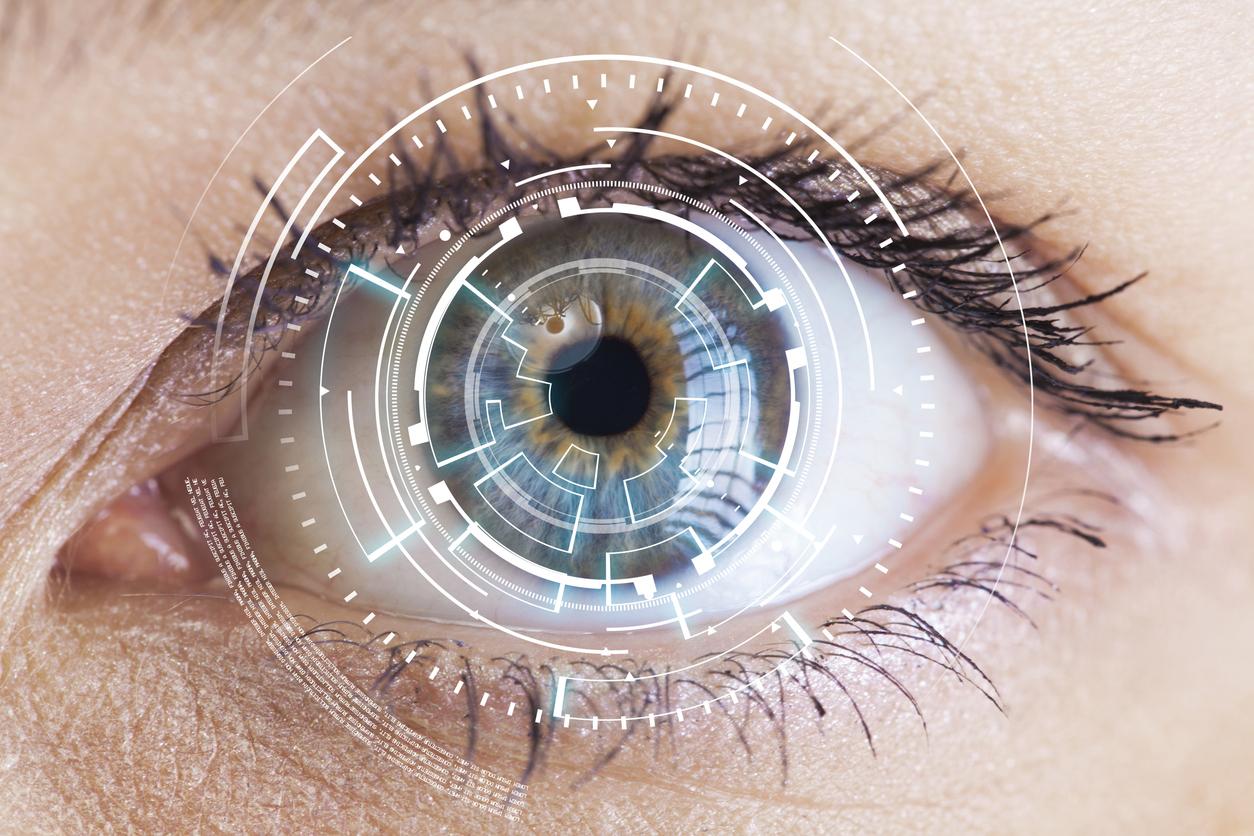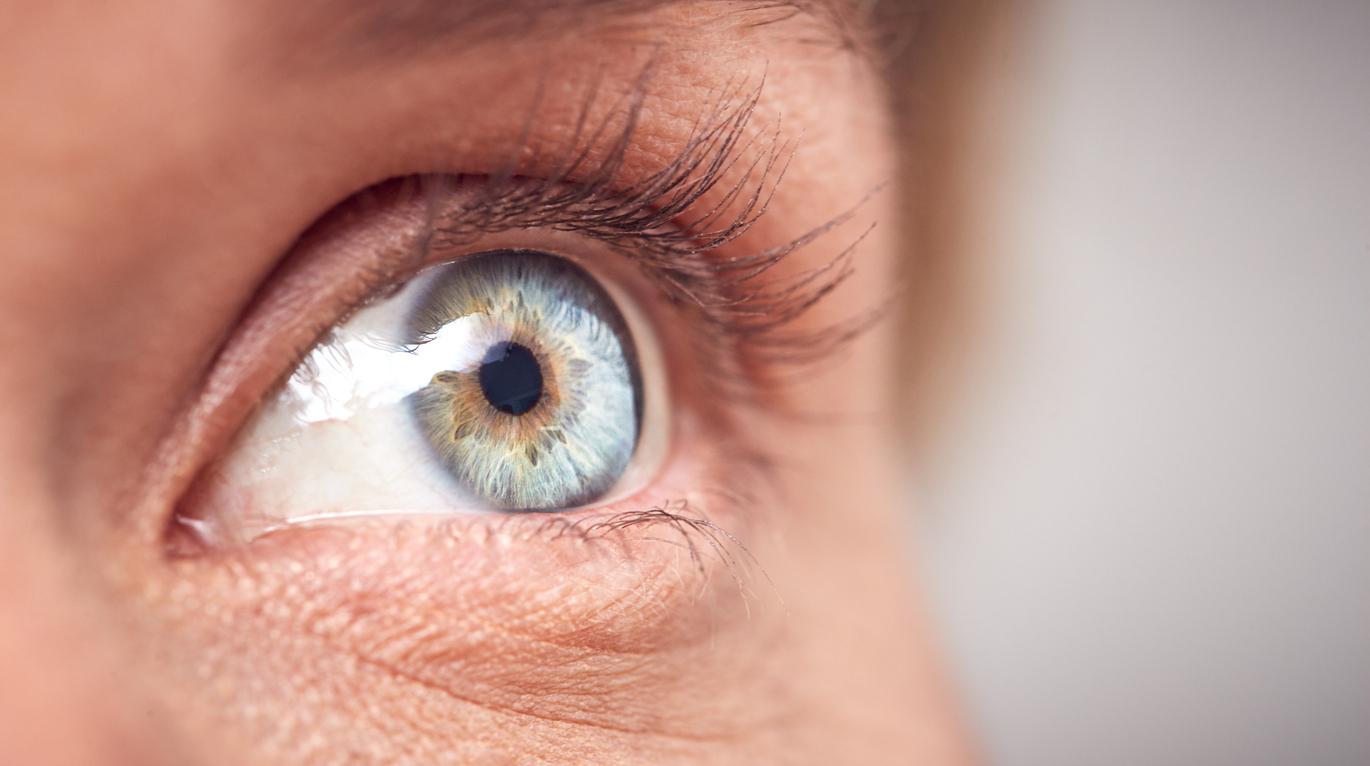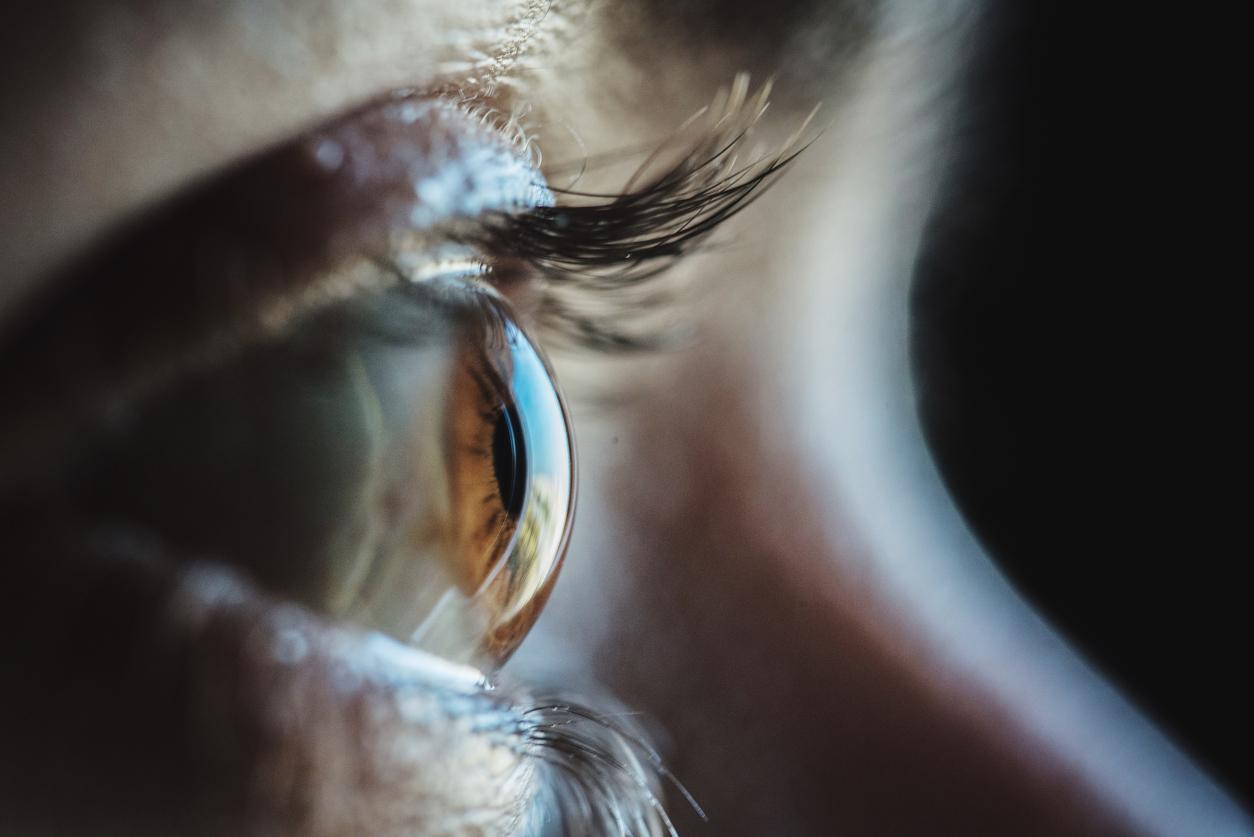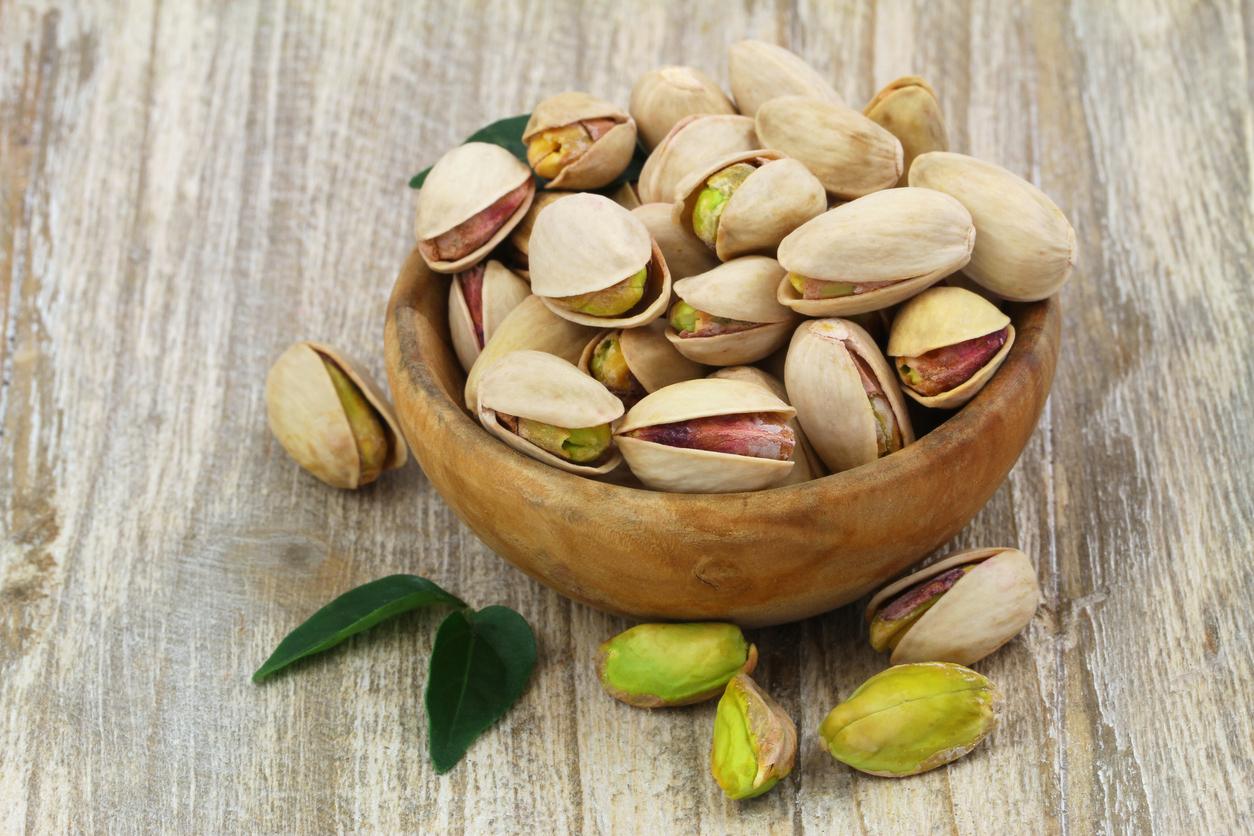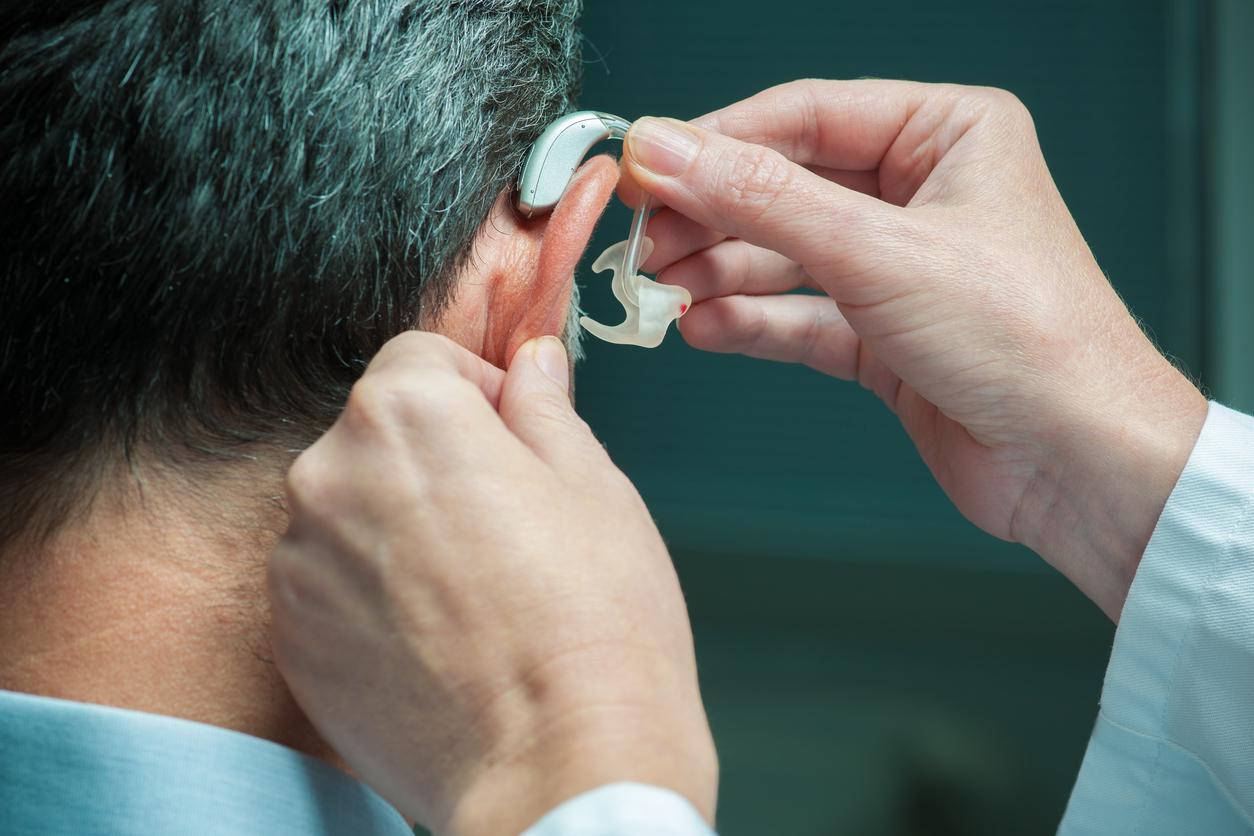The cannabinoids produced naturally by the body promote vision. Stimulated, they can improve our ability to see at night.
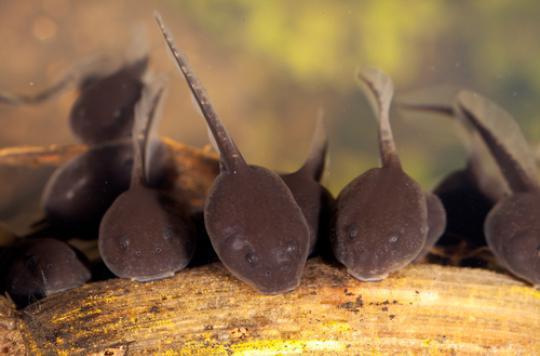
Its big black eyes and swimming tail look like nothing, but the tadpole has a lot to teach us. Researchers at the Montreal Neurological Institute (Canada) have understood this well. They managed to explain how the cannabinoids produced by the body (endocannabinoids) improve the vision of vertebrate beings, especially at night. A brand new mechanism has been brought to light and published in the online journal eLife.
See in the dark
Cannabinoids are one of the active substances in cannabis, as the name suggests. THC is one of them. But the body can also secrete it naturally. To demonstrate the key role of these endocannabinoids in vision, a group of tadpoles were subjected to various experiments. The researchers focused on one endocannabinoid receptor in particular, CB1R, “widely expressed in the vertebrate retina” as the study explains, but whose role was unclear.
However, these receptors play a major role: they inhibit the transport of chloride ions in the cells of the retinal ganglion, responsible for transmitting the visual signal from the eye to the brain. By activating more CB1R, chloride is less present. Retinal cells can produce signals at higher frequencies. Concretely, the tadpoles were thus able to see objects better in low light conditions.
Results to be explored
Surprisingly, this mechanism had never been demonstrated before. The opposite hypothesis tended to dominate in scientific circles. After checking their results several times, the Canadian team obtained enough reassurance to continue publishing the study.
“Obviously, it is important to confirm that the same mechanisms are at work in the eyes of mammals”, underlines Ed Ruthazer, who signs this publication. He recognizes that a protocol on mammals will be more difficult to put in place. But this approach is technically feasible on mice and human cells in culture. Perhaps one day they will be able to explain the reported cases of Jamaican and Moroccan sailors whose night vision is said to have been improved with the consumption of cannabis.
.










